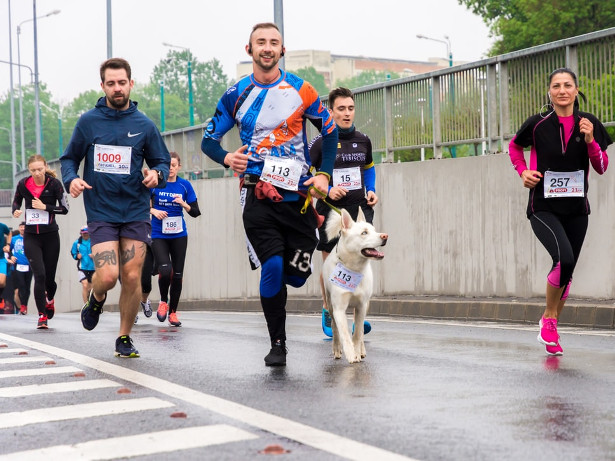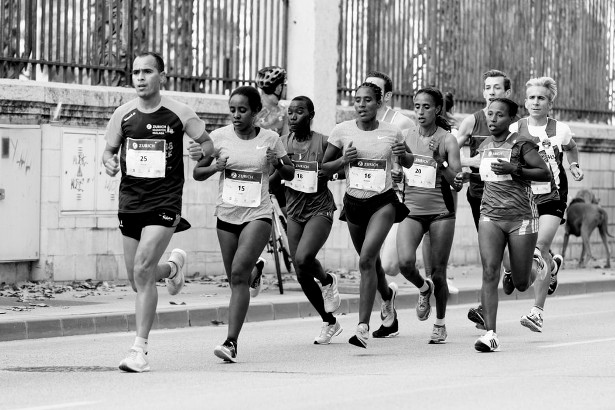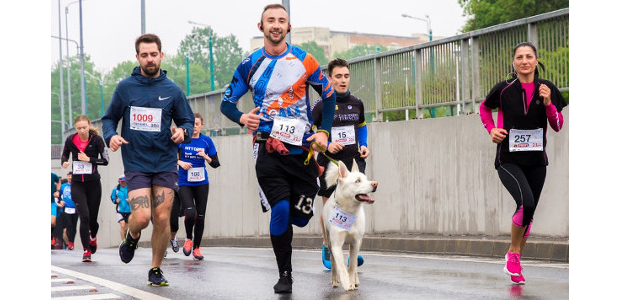Marathon Gender Gap: Who Runs More?
Participation in any demanding and enticing sporting challenge can be a rather difficult task, regardless of you gender. Running is truly an engaging activity that doesn’t require any previous expertise, skills or experience, and logically both men and women can achieve great success. However, there is still some unconventional belief that men are more capable of running distances, therefore they will be competing and completing a marathon far better than women.

If you were to look at the start list of a 100-mile ultramarathon run, you can notice that there are far more male participants then female. A survey by Ultra Running Magazine in 2016 concluded that only 33% of ultramarathon finishers were female. Many other similar studies confirmed similar results in major, marathon-famous cities.
So why is there a gender gap? The participation of the prettier sex is booming, believe it or not, and the vast imbalance might be happening for the following reasons.
The biological perceptions
Let’s face it, women are mentally the strongest human beings on the planet. Due to the fact that they can give life, succumb to many burdens and still manage to hold an entire household while multitasking chores and responsibilities. Then, why do men seem to be stronger, and consequently, why do they simply run faster?

Many experts reckon that the answers lie in biology. When tested, on average, male runners had bigger hearts, larger lung capacities, and leaner and more agile bodies. It is a proven fact that men’s hearts are about 23% larger than women’s. Automatically this allows their bodies to pump oxygenated blood around the body to power the muscles faster, enabling men to run better and for a longer time.
Pushing the boundaries
Even if we still see men taking over the marathon start lines around the globe, the number of women participants is slowly but surely rising. Statistics from the Copenhagen marathon study has shown a significant increase in female marathon participants than those of last year’s. Back in the 1980s, there were under 100 female participants in the race, but after gathering the data from 2014-2017, the woman participation rate has increased by an astonishing 27%, in comparison to men, who have only increased by 7%.
As participation increases, and more and more female runners emerge every year, we could see the gap between men’s and women’s marathon participation significantly drop.
Ambiguities of body proportion and injuries
Another notion suggests that a marathon gender gap is due to man’s ability to recuperate faster after an injury, while women tend to get hurt more commonly and recover slower. Even though this may be true and women are considered at a higher risk of injury than men, the estrogen hormone can give some positive advantage over testosterone.
For example, antioxidants from estrogen send free radicals over women’s bodies, which helps them to boost their endurance and keep them running longer at a time. When it comes to body proportions, this shouldn’t impede on the running results. Both men and women have similar composition of muscle fiber, only men may develop muscle fiber much quicker because of testosterone.
Finishing times
A recent study has also concluded that the average marathon time for males is 4:22 and the average marathon time for females is 4:47. Not a big difference if you think about it. Judging by the fact that women are predisposed to hold more fat, and that a lady needs to train hard and push her body to the limit to get a good marathon time, this is a fairly good time in comparison to men.
According to the in-depth Copenhagen Marathon study, to this day, Slovenian female runners posted the fastest average finish times, an amazing 4: 10: 10. When it comes to the age group, the fastest for women is certainly the 20 to 29 age group. Ladies from this age group finished at 4: 42: 10. The fastest age group for men, on the other hand, is 40 to 49, with an average finishing time of 4: 11: 19.
There will always be an ongoing gender gap simply because we are generally made to be different and biologically unique. Iconic marathon races should encourage women’s participation and some steps must be taken toward gender parity. Hopefully, we’ll witness a huge alteration in the years to come.









